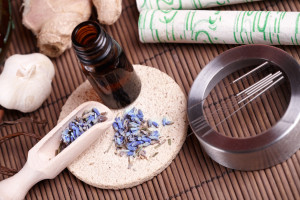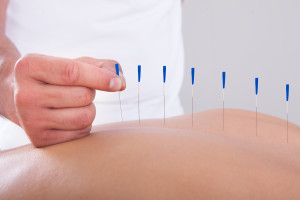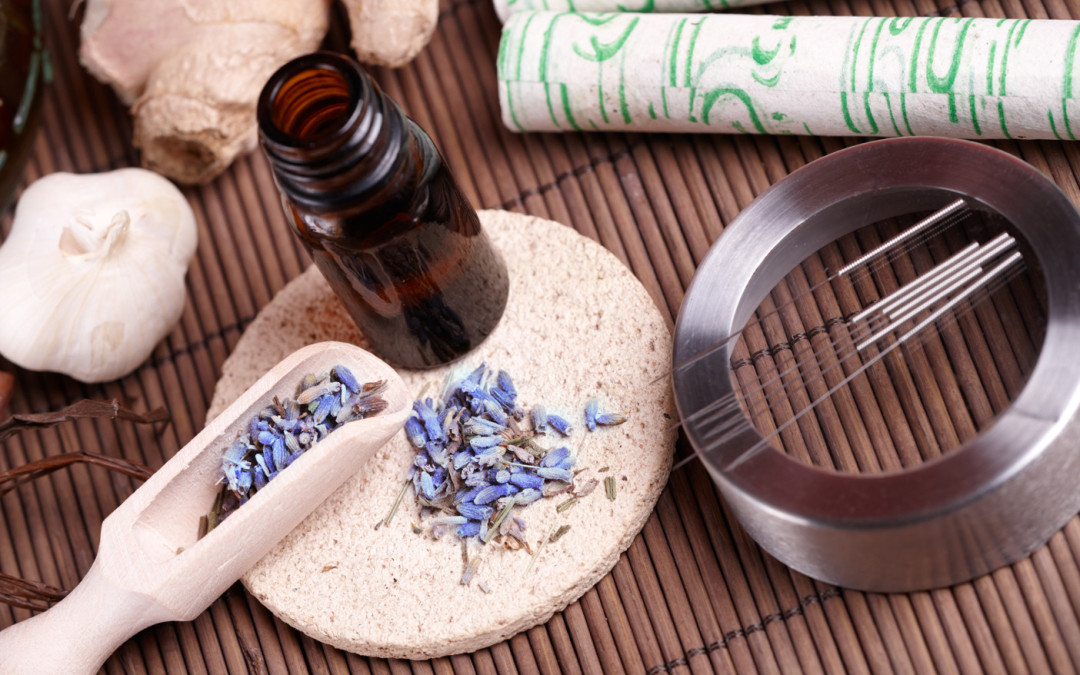Not only is eating a necessary part of life, but it has become a standard in social behavior. We meet friends for lunch, attend dinner parties, or grab a drink with co-workers after hard day at the office. It may not come as a surprise that social eating and drinking can not only increase your unhealthy decision making, but it can lead you to consume up to 20-30% more than if you were to eat alone. And those poor food choices and increased consumption can wreak havoc on your digestive system. So what can you do to help digestion after you indulge?
1. Go for a Walk
Seems simple enough, but activity rarely feels like what you want to do after eating a large meal. Once you over-eat there really isn’t anything you can do to reverse the effects, all you can do is help the digestive process run its course. Light movement like a walk can aid in blood flow to all organs and parts of your body, including muscles in your GI tract. Regular exercise is also important for a healthy digestive system.
2. Drink (water)
A glass of water in the morning can help kick-start your digestive system for the rest of the day, and help kick-out the things you ate and drank the day before. Not drinking enough water throughout the day can actually slow the digestive process no matter what or how much you are eating, so water is key to a stable and healthy digestive system (note: light urine is an indication of good hydration). Sipping water after overeating can also help to decrease bloating.
3. Try Herbs
 Herbs have been used for centuries to combat all sorts of issues, including to help digestion. Ginger is great for calming nausea, especially nausea related to motion sickness and pregnancy. Turmeric and its active ingredient curcumin is a Chinese medicine favorite to help digestion and liver functions. Its anti-inflammatory affect can also help with bloating (cinnamon also promotes decreased inflammation). Sipping herbal teas can help calm a sour stomach or encourage digestion. Green tea increases a digestive enzyme that helps breakdown protein, so it could be great after a holiday dinner. Peppermint tea can increase the speed of digestion by helping the flow of bile, while chamomile tea can treat gas, indigestion and constipation. Pure Health’s own licensed herbalist Carrie Ducharme can take into account your unique needs, blend herbs for you and prescribe professional-grade herbs to help with digestion.
Herbs have been used for centuries to combat all sorts of issues, including to help digestion. Ginger is great for calming nausea, especially nausea related to motion sickness and pregnancy. Turmeric and its active ingredient curcumin is a Chinese medicine favorite to help digestion and liver functions. Its anti-inflammatory affect can also help with bloating (cinnamon also promotes decreased inflammation). Sipping herbal teas can help calm a sour stomach or encourage digestion. Green tea increases a digestive enzyme that helps breakdown protein, so it could be great after a holiday dinner. Peppermint tea can increase the speed of digestion by helping the flow of bile, while chamomile tea can treat gas, indigestion and constipation. Pure Health’s own licensed herbalist Carrie Ducharme can take into account your unique needs, blend herbs for you and prescribe professional-grade herbs to help with digestion.
4. Eat Leisurely
If you’re eating and drinking socially, use it as an opportunity to eat slowly and take your time. Chat between bites and sips to give your stomach time to process the fact that you are eating, and to give you signals that you are full before you consume more. It can take up to 40 minutes for your stomach to signal fullness, enough time to overindulge and feel bloated later.
5. Relax with Acupuncture
Acupuncture can be used to treat a variety of illnesses and symptoms, including to help digestion. Acupuncture sessions can help gastrointestinal conditions like heartburn, irritable bowels, abdominal pain, bloating, diarrhea and constipation. A stressed out body and GI tract is no good for digestion, either, and acupuncture is a proven treatment to alleviate stress and insomnia. See other ways acupuncture can help.
can be used to treat a variety of illnesses and symptoms, including to help digestion. Acupuncture sessions can help gastrointestinal conditions like heartburn, irritable bowels, abdominal pain, bloating, diarrhea and constipation. A stressed out body and GI tract is no good for digestion, either, and acupuncture is a proven treatment to alleviate stress and insomnia. See other ways acupuncture can help.

